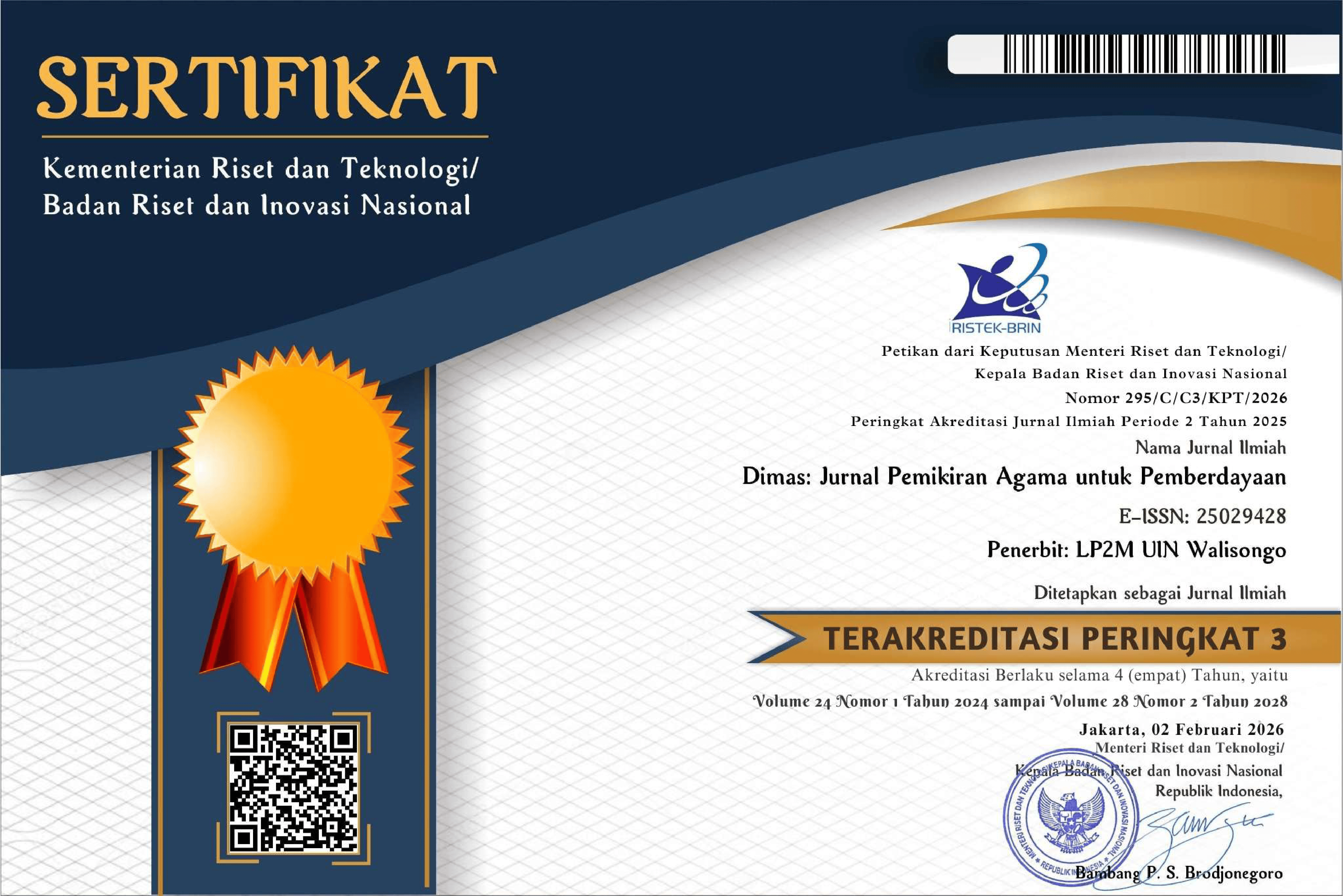Strategi Pemberdayaan Komunitas Perempuan Miskin Berbasis Agribisnis
DOI:
https://doi.org/10.21580/dms.2018.181.2897Keywords:
Feminisasi Kemiskinan, Kepala Rumah Tangga Perempuan, Strategi PemberdayaanAbstract
The feminization of poverty is one of the major issues in the implementation of development in the Provincial Government of East Java. The main problem is centered on the helplessness and vulnerability in groups of poor and very poor. Approach to empowering the female head of households to develop productive business by utilizing local potential is expected to be one of the alternative solutions to solve the problem of poverty. Various problems that arise later in the implementation to running empowerment of female households head is starting from limited access to working capital, low levels of formal education members, lack of knowledge (soft skills and hard skills), time constraints in dividing roles in the family and work, lack of trust for women doing self actualization, and low self reliance in the decision making process is a real obstacle faced in developing empowerment. The results of this study are as follows; the pattern of the active participation of poor women is needed to overcome the inhibiting factors and optimize a contributing factor in the empowerment process, the strategy of community empowerment of poor women by establishing the Agribusiness Microfinance Institutions (LKMA) and overall support of stakeholders for members of the group community empowerment consisting of poor female head of households.
Feminisasi kemiskinan merupakan salah satu isu utama dalam pelaksanaan pembangunan di lingkungan Pemerintah Provinsi Jawa Timur. Masalah utama difokuskan pada ketidakberdayaan dan kerentanan pada golongan penduduk miskin dan sangat miskin pada kelompok kepala rumah tangga perempuan. Pendekatan pemberdayaan kelompok kepala rumah tangga perempuan tersebut untuk mengembangkan usaha produktif dengan memanfaatkan potensi lokal diharapkan menjadi salah satu alternatif pemecahan masalah kemiskinan. Berbagai permasalahan yang muncul kemudian pada pelaksanaan pemberdayaan kelompok kepala rumah tangga perempuan adalah dimulai dari keterbatasan akses terhadap modal kerja, rendahnya tingkat pendidikan formal anggota, keterbatasan pengetahuan (soft skill) dan keterampilan (hard skill), keterbatasan waktu dalam membagi peran dalam keluarga dan pekerjaan, kurangnya rasa percaya diri perempuan dalam beraktualisasi, dan rendahnya kemandirian dalam proses pengambilan keputusan merupakan hambatan yang nyata dihadapi dalam mengembangkan usaha pemberdayaan. Hasil penelitian ini menyatakan bahwa bentuk dan pola partisipasi aktif perempuan miskin sangat diperlukan untuk mengatasi faktor penghambat dan mengoptimalkan faktor pendukung dalam proses pemberdayaan, strategi pemberdayaan komunitas perempuan miskin dengan mendirikan Lembaga Keuangan Mikro Agribisnis (LKMA) dan dukungan menyeluruh pihak pemangku kepentingan (stakeholders) kepada anggota kelompok pemberdayaan yang terdiri dari kepala rumah tangga perempuan miskin.
Downloads
Downloads
Published
Issue
Section
License
Copyright
The copyright of the received article shall be assigned to the journal as the publisher of the journal. The intended copyright includes the right to publish the article in various forms (including reprints). The journal maintains the publishing rights to the published articles. Therefore, the author must submit a statement of the Copyright Transfer Agreement.*)
Licensing

This work is licensed under a Creative Commons Attribution-ShareAlike 4.0 International License.
In line with the license, authors are allowed to share and adapt the material. In addition, the material must be given appropriate credit, provided with a link to the license, and indicated if changes were made. If authors remix, transform or build upon the material, authors must distribute their contributions under the same license as the original.
_______
*) Authors whose articles are accepted for publication will receive confirmation via email and send a Copyright Transfer Agreement.









